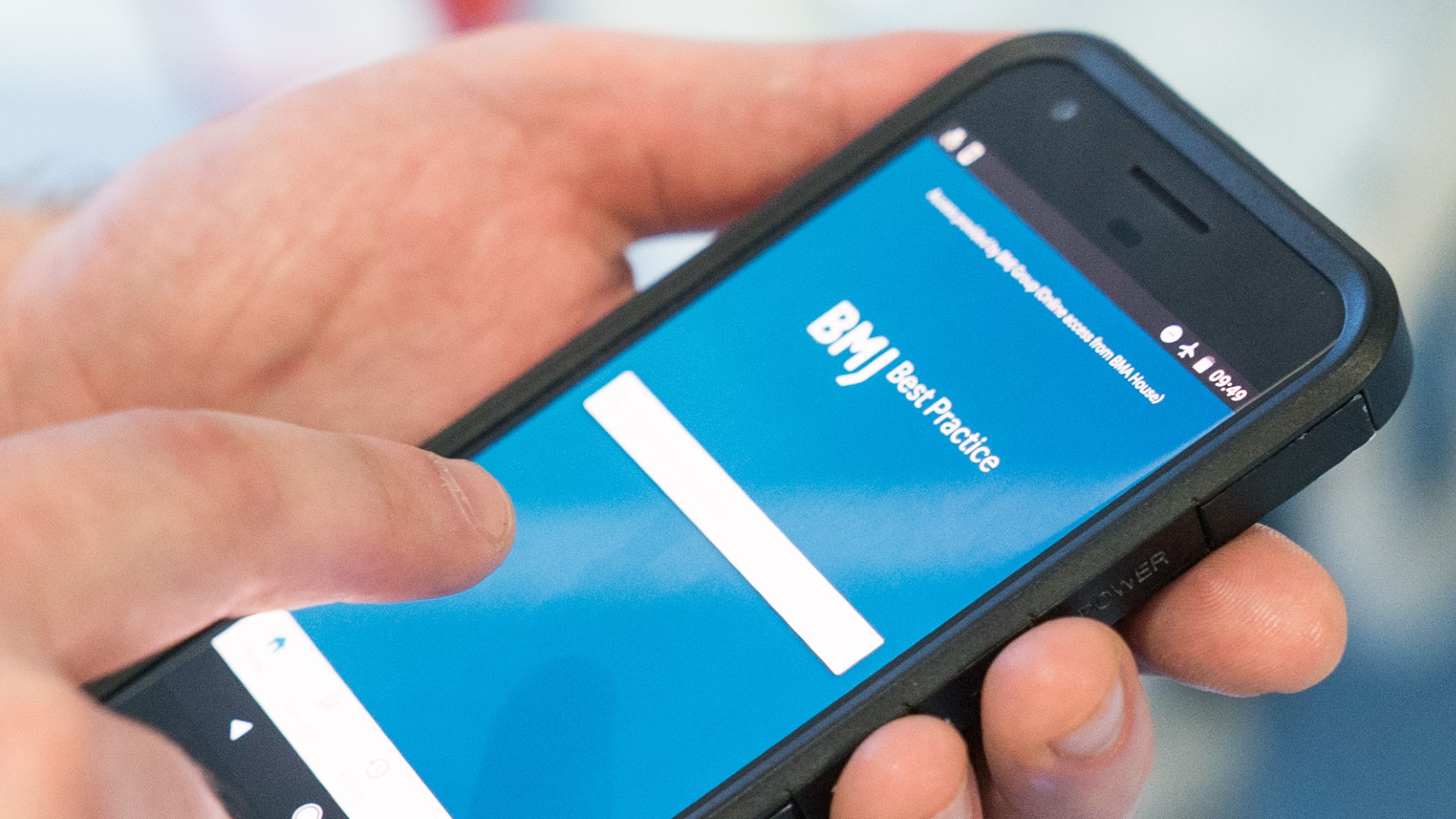Professor of Medical Education John Sandars and Professor of Clinical Education Jeremy Brown explored how the BMJ Best Practice app can support doctors in making decisions about diagnosis, prognosis, treatment and prevention.
The research concluded that the app has the potential to improve the quality and safety of care for patients, with quicker diagnosis, improved treatment plans, shorter hospital stays and fewer errors.
Professor Sandars said: “Our interest was on understanding not only how BMJ Best Practice could provide new knowledge for the doctors but also if they could practically apply this new knowledge in providing care for their patients.”

BMJ Best Practice is an information resource designed to be used by doctors at the point of care and provides an up-to-date, evidence-based best practice resource.
The research study was carried out in collaboration with BMJ Best Practice and a team responsible for training junior doctors at Beijing People’s Liberation Army Air Force General Hospital in China, where the app has only recently come into use.

During the study of 184 junior doctors the professors developed an innovative approach to understanding how the needs of the doctor were met.
Professor Sandars added: “We also wanted to identify any problems with applying the new knowledge into practice. An important feature of the study was to develop an innovative questionnaire that could be used for future studies.”
BMJ Best Practice was found to be effective in providing the doctors with new knowledge which could be usefully applied to the care of their patients although about one in ten of the doctors had problems due to the wifi connection or the lack of specific guidelines used in the hospital.
To discover more about our courses, please visit ehu.ac.uk/study.
October 20, 2022



